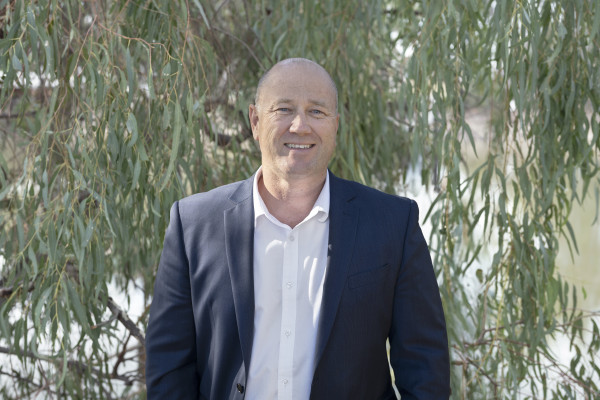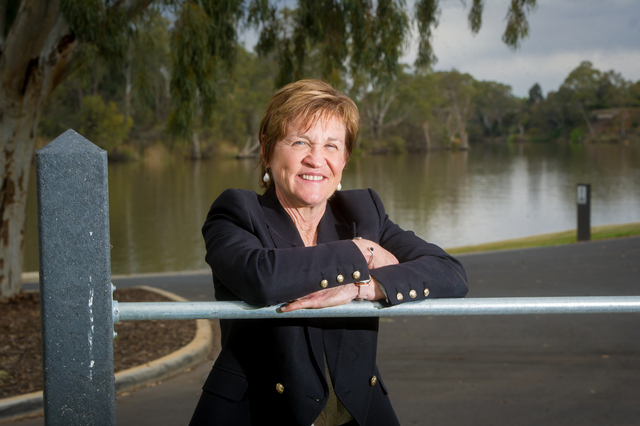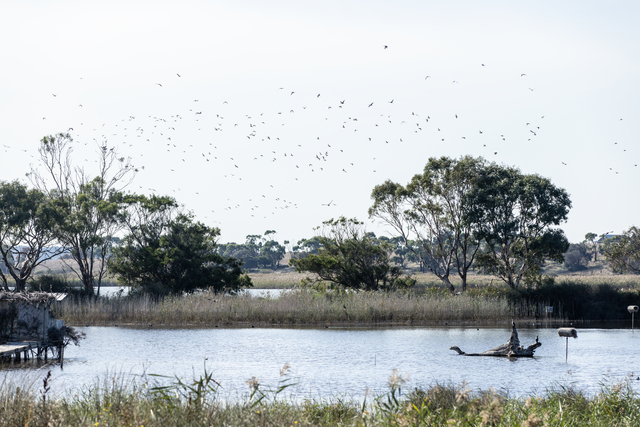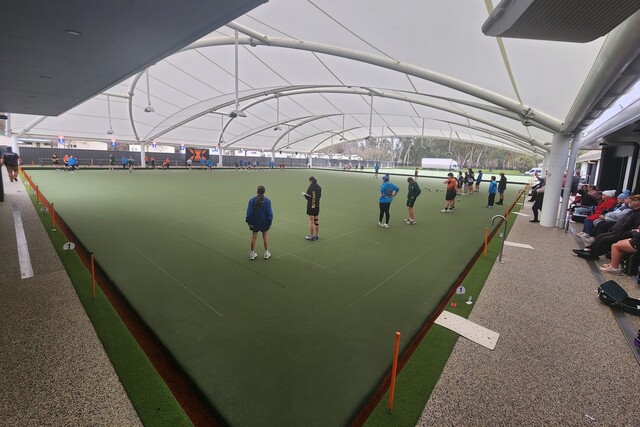THE Victorian Government is set to introduce a plethora of new rental reforms to ensure a “fairer go for renters”.
Consumer Affairs Minister Gabrielle Williams recently announced renters would soon have an easier way to resolve landlord disputes, through Rental Dispute Resolution Victoria.
“If renters have a simple dispute with their landlord – such as about repairs, maintenance, damage, bond claims or rental increases – it’s not fair if it has to be dragged out in a formal hearing when it doesn’t need to,” Ms Williams said.
“There must be alternatives.”
Through RDRV, renters can call, go online or attend in person to access skilled dispute resolution experts, free of charge, who will help bring parties together to resolve rental disputes.
RDRV will sit in the Victorian Civil and Administrative Tribunal, and will also refer matters to Consumer Affairs Victoria for compliance and enforcement action.
Renters’ lives will also be made easier with a new portable bond scheme.
Renters will no longer be out of pocket for two bonds at the same time when they move. Instead, they’ll be able to transfer their previous bond to the new property.
The scheme’s new IT system is expected to begin its testing phase next year.
The announcement adds to the more than 130 rental reforms already implemented in Victoria.
Ms Williams also announced six other measures for renters, including stopping landlords making “dubious” bond claims without evidence, banning “no fault” evictions, banning extra fees charges when renters pay their own rent, banning apps from charging “background check” fees for rental applications and capping the cost of breaking a lease.
However, Ray White Swan Hill selling principal Cameron Smits said landlords were selling up and buying investment properties interstate because of Victoria’s rental reforms.
“Last year there was a 30 per cent drop in rentals and available landlords in Victoria and Tasmania,” he said.
“Looking at Ray White’s data, the amount of landlords on our books dropped by 30 per cent, South Australia and Queensland both went up by 15 per cent.
“These people will decide they no longer want to invest in housing.
“I think those that stay the course and keep going see the long-term benefits, and it’s probably just about having a better strategy.”
Mr Smits said by bringing in more governance and over-governing, it brought in more costs.
“That just forces the price of the rentals because you’re creating less of them because people are leaving the industry,” he said.
“Then there is less supply and demand pushes prices up.
“Then those that choose to say, they have the land tax and all those things associated with keeping that property … it gets passed on to the end user.
“Like all things, if you want to buy a hamburger and chips and the cost of potatoes go up, the cost of your meal goes up.”
Mr Smits referred to the “dodgy” landlords using the 80/20 rule.
“A lot of landlords in the general market are all doing the right thing and want to, and have no issues with minimum standards, compliance and making the property fair and safe, then there is going to be a few out there who try and bend or break the rules and want to lease off the books,” he said.
“We’re probably all aware of contractors that are putting 10 or 15 workers in a house and taking advantage of them, and the legislation is not going to fix that.”
Mr Smits said guidelines and framework that has been put in place by the government has made it easier to adjudicate disputes.
“There was never any legislation around pets that was good enough,” he said. “Renters were going to have a pet anyway.
“So now let’s at least acknowledge it and try and put some framework around what does that mean? If you’re in a high rise, can you have a great dane? That’s unreasonable. If you’re in rural Victoria, you have half-an-acre and the dogs stay outside. That’s reasonable.
“So at least now there’s a bit of that, where as before what was taken to VCAT, they had no guidelines, because there was no clause.”
Mr Smits welcomed more streamlining of disputes and bond transfers.
“Going through the back end of COVID, you had all these sort of maintenance issues and all the other things going to VCAT and people would say, ‘I’m not going to pay my rent’, and it might be four months until you had a hearing,” he said.
“So having a swift dispute resolution system will just take the load off VCAT.
“VCAT doesn’t just hear disputes on rental properties, it does so much more than that so being able to go to another system will make it easier.
“The bonds on the move … that’s a good thing.
“Less transactions is going to be less mistakes.
“So instead of taking money out, getting it back and putting money back in under the same person, you can just go, ‘Pete was in 1 Smith Street and he’s moving to 7 Jones Street’, it’s just some formal paperwork to allocate that move.”
Tenants Victoria chief executive Jennifer Beveridge said renters need to be able to resolve rental disputes quickly and fairly when they arise.
“A service like RDRV will be better able to respond to the most common types of rental disputes, avoiding long waits and unnecessary costs for people exercising their tenancy rights,” Ms Beveridge said.
“Tenants Victoria welcomes these measures to better protect the rights of renters – who make up almost 30 per cent of Victorians – in their homes. After all, housing is an essential service and a human right.
“Extending the ban on no-reason evictions gives renters more security. It puts them on a more even footing to request repairs, for example, in the knowledge that rental providers cannot ask them to leave without a reason under the law.”
















